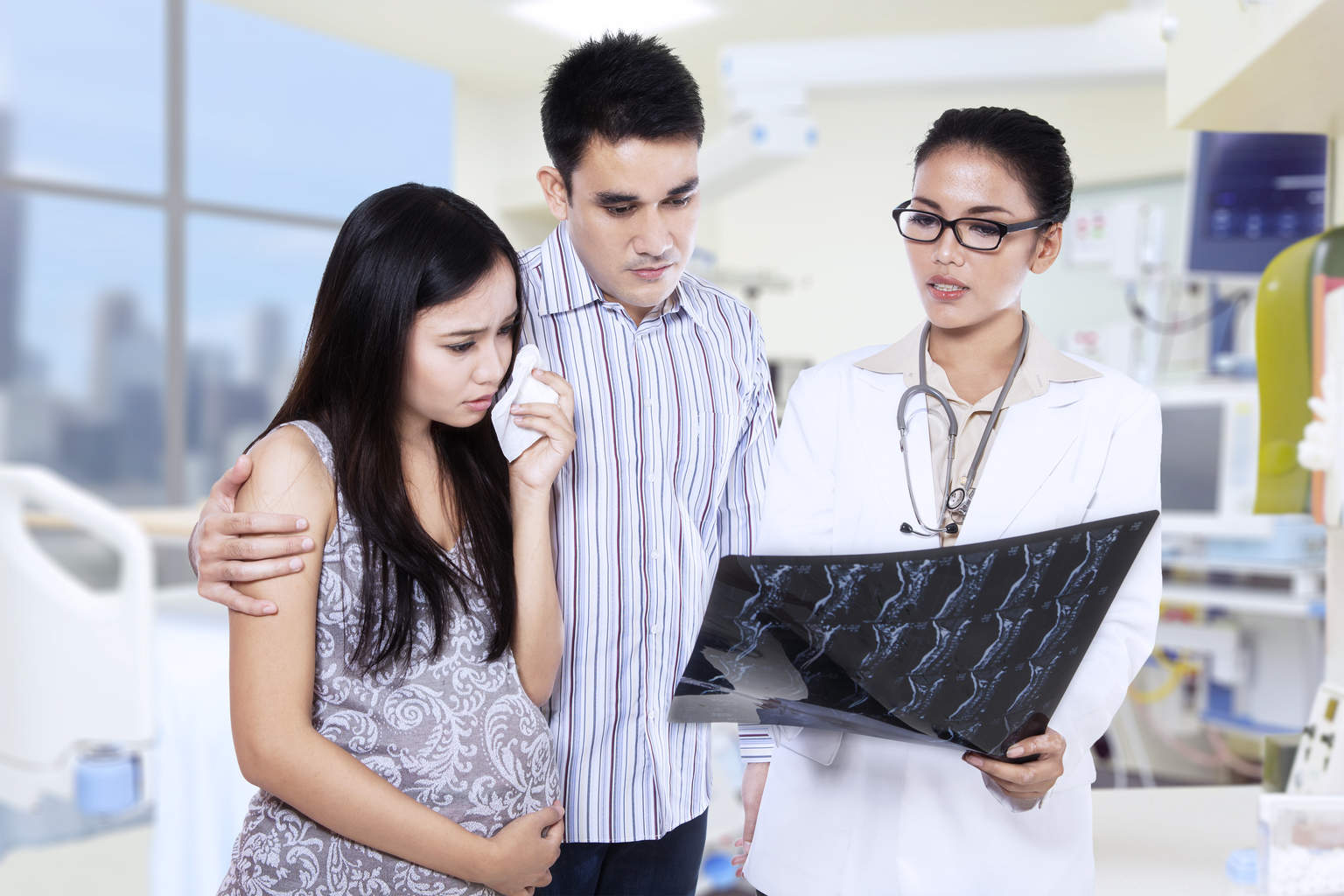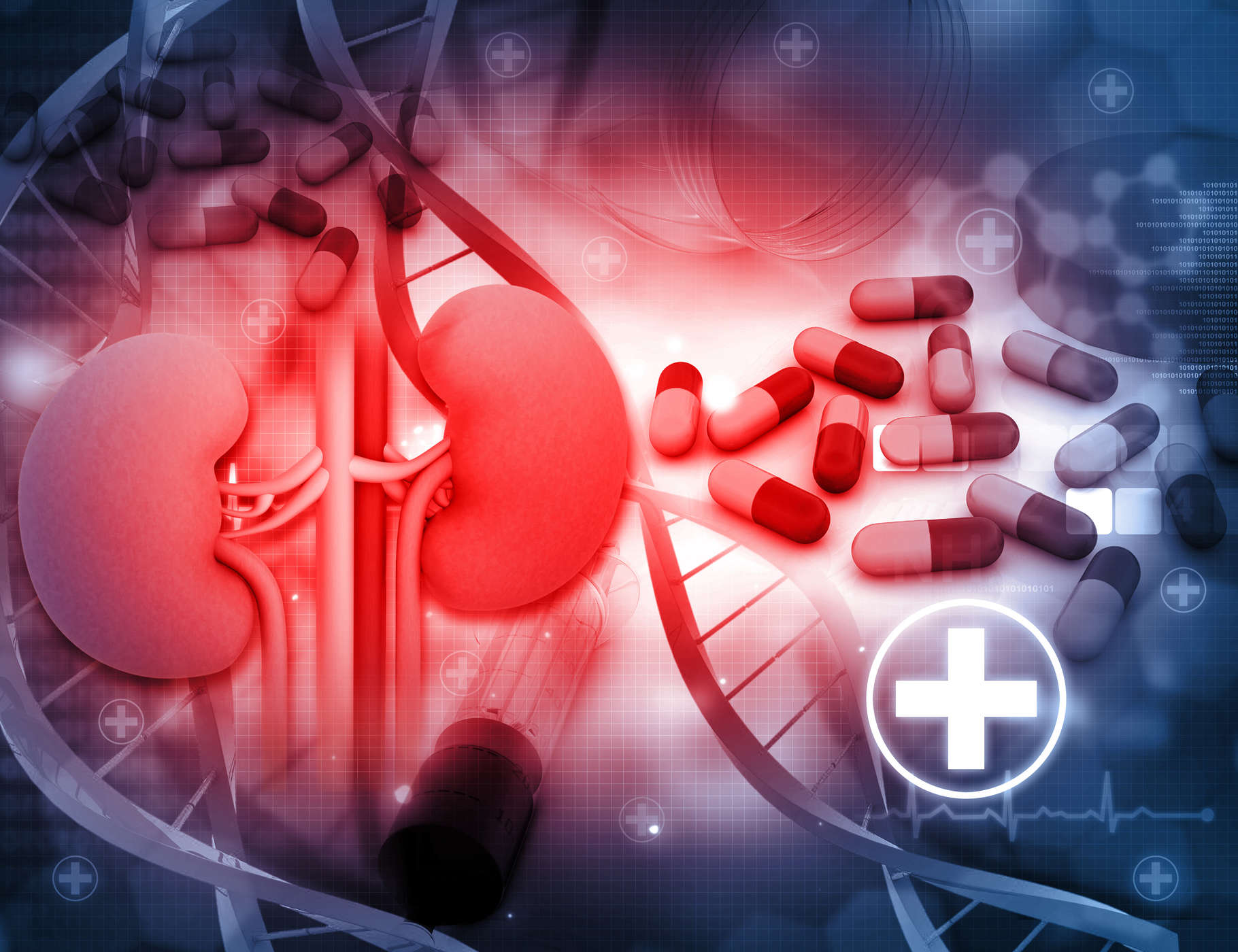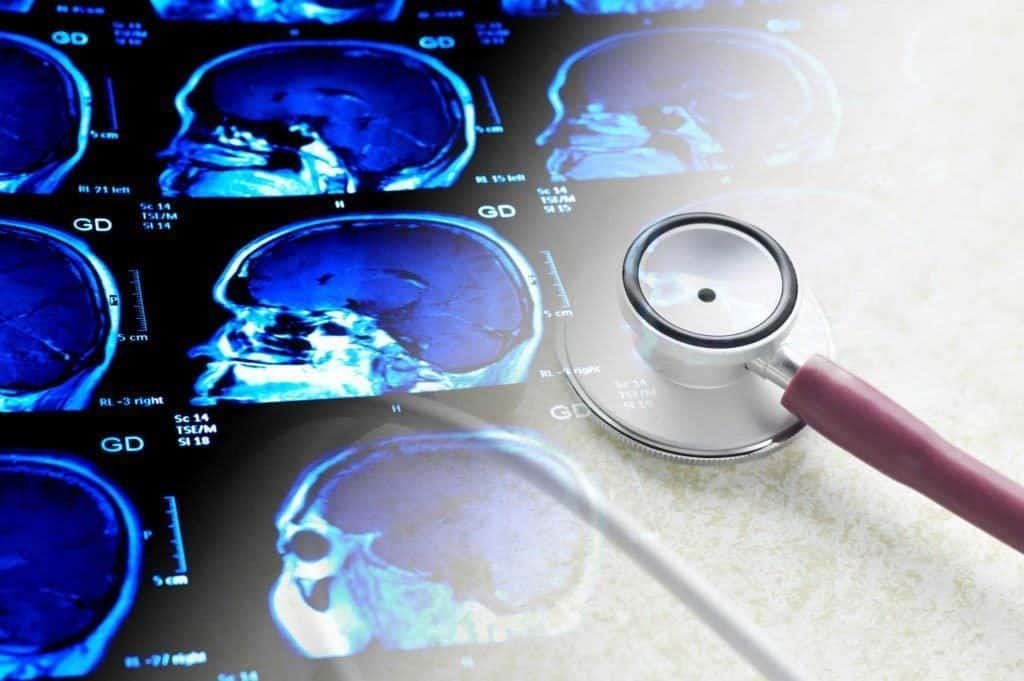Contents:
- Medical Video: Orlando Woman Cancer Free after being Diagnosed with Breast Cancer During Pregnancy
- Life chances of pregnant women with breast cancer
- Breastfeeding during cancer treatment
- Running therapy
- Support
Medical Video: Orlando Woman Cancer Free after being Diagnosed with Breast Cancer During Pregnancy
Actually, pregnancy and breastfeeding reduce the risk of breast cancer. The prolactin hormone produced by pregnant women will suppress the growth of the hormone estrogen that causes cancer. Therefore, the incidence of breast cancer that occurs in pregnant women is quite rare.
Even so, pregnancy coupled with a diagnosis of breast cancer is not impossible. Cancer treatment requires diligent and sustained effort that makes pregnancy more difficult. Not to mention if you still have to take care of your other children. It is important to get not only moral help, but also physically from the people closest to you. Next, explore more information about the relationship between pregnancy and breast cancer so you can plan strategies to find out what is needed and how to get pregnant with breast cancer. Also discuss with your family members that they understand your health condition and what they must do to help you.
Life chances of pregnant women with breast cancer
Pregnancy can complicate the diagnosis and treatment of breast cancer. A number of studies concluded that the chances of life between groups of women with breast cancer who are pregnant or not have an equal chance of life. However, this discovery was not fully agreed upon by the researchers. A study in 2013 examined more than 300 pregnant women diagnosed with breast cancer. During the 5 years of the study, researchers reported a comparable level of life chances only in women who had been diagnosed with cancer before pregnancy. The opportunity for disease-free survival for pregnant women tends to be thinner.
Some doctors believe that abortion can slow the rate of development of breast cancer, and they might recommend this solution in women with advanced breast cancer. Abortion is a quick way out for more effective cancer treatment, but a number of studies in the past have found that ending pregnancy does not necessarily improve the chances of life and prognosis of breast cancer patients. It should be noted, these studies have defects and biased judgments. For example, women with advanced breast cancer tend to choose to abort their womb. Recent studies for such cases have not been found in any medical journals, and it is difficult to ascertain whether the results of the study will be different if applied to modern medicine.
There has not yet been sufficient research on the effectiveness of delaying therapy, which is sometimes recommended during pregnancy, against the final outcome of a diagnosis of breast cancer. Similarly, the effect of breast cancer on the fetus is still uncertain. These aspects are considered difficult to be explored further. There are only a few credible studies that have been done to examine breast cancer in pregnant women.
Breastfeeding during cancer treatment
Doctors generally recommend new mothers not to breastfeed, or stop breastfeeding their baby. Stopping breastfeeding will slow blood flow into the breast, making the breast shrink. This will greatly help the doctor when performing surgical removal of the tumor. Stopping breastmilk production will also help reduce the risk of breast infection while avoiding milk from flowing out and pooling in the biopsy area.
Chemo, therapeutic drugs, and hormones can be absorbed into breast milk and delivered to your baby. It is not recommended to keep breastfeeding when you are undergoing chemo, target therapy, or hormones.
If you have questions or concerns about the safety of breastfeeding, discuss with your doctor's team. If you plan to return to breastfeeding, consult with a breastfeeding expert first.
Running therapy
The most difficult thing about therapy is if the therapy has an effect contrary to the health of the fetus. If you are pregnant and have breast cancer, you will be faced with a variety of difficult choices. Make sure you understand correctly about all the alternatives offered and discuss with your doctor's team. Your obstetrician will work with your surgeon and cancer specialist to design the best treatment for you. A psychologist or counselor will also take part in your team of doctors to provide the emotional support you need.
Support
The team of doctors will continue to work together in your care from beginning to end. Make sure you continue to discuss and consult with these doctors to fully understand the progress of your disease and the support they can offer for you and your family. Confidence, although trivial, is considered very effective for most cancer patients to share and bestow all feelings, what they want and need. Try it open with:
- Family and close relatives
- Your breast specialist
- Professional counselor
- Related organizations that offer support
- Patient or patient survivor other breast cancer












